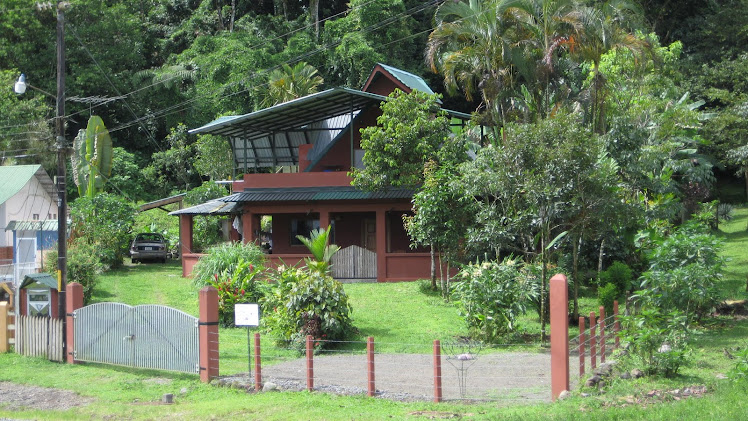The need for staff with technical rather than academic skills continues to grow in the field of technology and communications. A study by the Chamber of Information Technology and Communication concludes that only 2% of companies in the technology sector in the country plan to hire professionals with a PhD, while only 32% said they expected to hire graduates.
It is not only technical or professional training which is crucial when recruiting staff in technology. Bilingualism is also a factor along with the need for soft skills. 'This is a sector that has approached the US market, of course I know English will be important (...). However, knowledge of a third or fourth language also generates value added.'
Nacion.com reports that "... Sectoral mapping also revealed that the companies plan to hire technicians and diploma holders in software development (22%), web development (15%) and other areas such as metrology, data base management, marketing, precision mechanics and maintenance. "
Source: Nacion.com
It is not only technical or professional training which is crucial when recruiting staff in technology. Bilingualism is also a factor along with the need for soft skills. 'This is a sector that has approached the US market, of course I know English will be important (...). However, knowledge of a third or fourth language also generates value added.'
Nacion.com reports that "... Sectoral mapping also revealed that the companies plan to hire technicians and diploma holders in software development (22%), web development (15%) and other areas such as metrology, data base management, marketing, precision mechanics and maintenance. "
Source: Nacion.com
